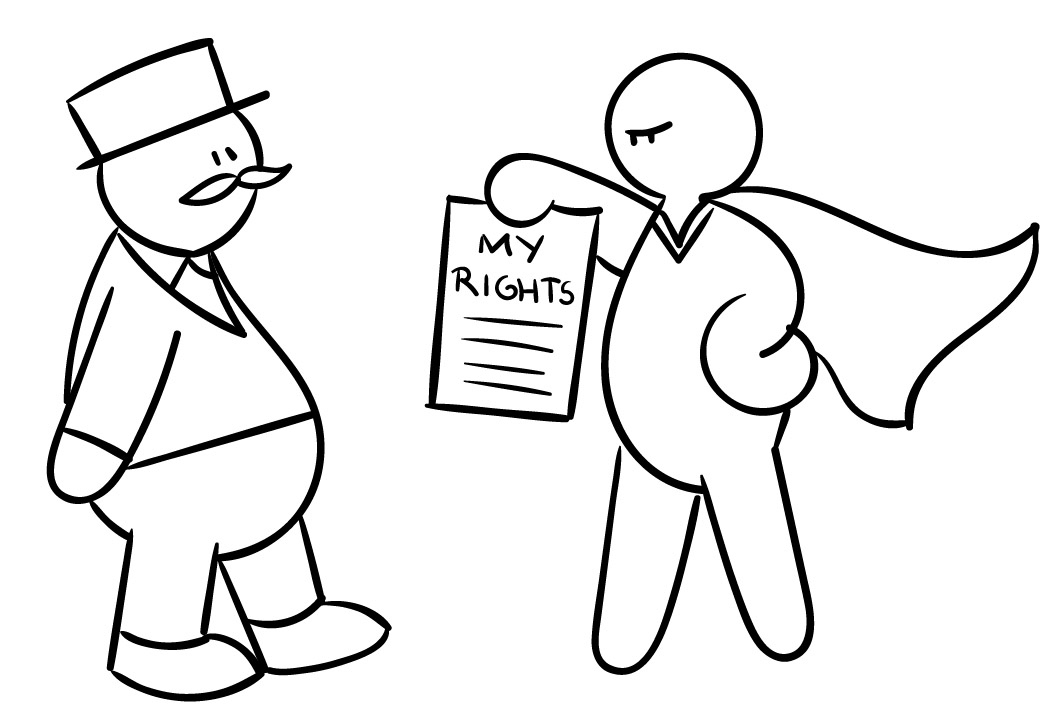Debt. Most of us work hard to stay out of it. Dalié Jiménez, on the other hand, can’t seem to get enough.
The UConn law professor and bankruptcy scholar has spent much of the past eight years immersed in the topic, examining debt from a range of angles rooted in her prior work as a policy fellow at the Consumer Financial Protection Bureau. Her research and writing explores debtor-creditor law, credit and debt collection markets, credit reporting, student loans, financial distress of American families, and more. Jiménez has been widely interviewed on the subject, and is a go-to debt expert for John Oliver’s ‘Last Week Tonight’ show on HBO.
One of Jiménez’s biggest undertakings to date is the Financial Distress Research Project, an initiative she supervises with James Greiner and Lois Lupica, law professors at Harvard and the University of Maine law schools respectively. The goal of the enterprise – a signature project of the Access to Justice Lab at Harvard – is to help low- and moderate-income individuals successfully deal with the legal consequences of debt if they become entangled in the system. In the next few weeks, Connecticut Legal Services will begin implementing the project, which employs a randomized design built around a self-help kit that provides information on, among other things, how to litigate a collection action; pull, review, and correct errors in a credit report; and negotiate with creditors.
Myriad law students, mostly volunteers, worked on developing the material for the kits, says Jiménez. The work is based on hours of court observations and individual interviews. Kits are tailored to specific kinds of debt, be it credit card, medical, or public/private student loan debt. The material is illustrated with cartoons that simplify legal concepts, and is designed to help users combat feelings of shame and guilt they may be experiencing about the process.
In a forthcoming article in the Indiana Law Journal, “Self-Help, Reimagined,” Jiménez, Greiner, and Lupica explain the rationale behind that approach. Unlike other self-help material, theirs considers the many psychological and cognitive barriers that prevent low- to moderate-income individuals from successfully making use of other self-help materials. Jiménez and her co-authors hypothesize that these “deployment” problems stem from crippling feelings of shame, guilt, or hopelessness associated with their financial and legal struggles.
Most people sued for debt – anywhere from 60 to 90 percent – never show up for court for a whole variety of reasons, ranging from a change of address to not opening mail or not being able to understand what the summons says. The ones who do show up, Jiménez says, more often than not unwittingly volunteer or are compelled to admit that they have incurred debt and owe money. What they may not know is that most of the time, the debt collector suing them does not have the evidence to prove their case in court. Indeed, the person suing is often not the original creditor so, while the consumer may have owed money to a credit card company or bank, the debt collector – often a party the original creditor sold the debt to – must prove they are the entity entitled to that payment.
 “There is this human need to say why you’re not a bad person and that you didn’t pay this,” says Jiménez. “But doing that instead of contesting the case just sinks you. The correct thing to say is ‘you have to show me that I’m supposed to pay you this amount. You have to prove that I owe this money.’”
“There is this human need to say why you’re not a bad person and that you didn’t pay this,” says Jiménez. “But doing that instead of contesting the case just sinks you. The correct thing to say is ‘you have to show me that I’m supposed to pay you this amount. You have to prove that I owe this money.’”
A 2015 article by Jiménez in Harvard Journal of Legislation, “Dirty Debts Sold Dirt Cheap,” examines the bank practice of selling delinquent loans to debt collection companies for a fraction of what the original loan was worth, often while relinquishing all responsibility for inaccurate or incomplete documentation. Loans may in turn be sold to other debt collection companies, often multiple times, and often without the consumer being notified.
Not having an understanding of these dynamics puts consumers at a decided disadvantage if they end up in debt collection. Consumers who lose these cases may end up with a repayment agreement, but if they fail to pay, most states allow the court to garnish wages, withdraw money from their bank account, or put a lien on their home – all of which impacts their credit rating. Armed with this information, Jiménez and her partners hope consumers will be empowered to fight back. When pressed for documentation, debt collection companies can rarely produce it and almost always move to dismiss, Jiménez says.
Jiménez and her team are using state court records to identify individuals being sued in debt collection. Those that meet income and asset eligibility criteria will be put in one of four groups receiving varying degrees of self-help and professional support. The project will follow participants over three years to determine if the self-help kits have had a positive impact on their financial health. Jiménez and her partners will track credit score attributes in each of three years before the project, survey study participants when they enter the project, and for each of the three years after entering the project will measure their overall financial well-being, perceived financial stress levels, and other wellness indicators.
“A comparison of financial health across our four groups will provide gold-standard evidence regarding the effectiveness of self-help packets, financial counseling, and attorney representation,” says Jiménez. “The result will be the richest and most detailed data set ever conducted in an evaluation of what works for individuals in financial distress. This is rigorous evidence.”
The journal article is available on the UConn Rudd Center website or through Science Direct.



